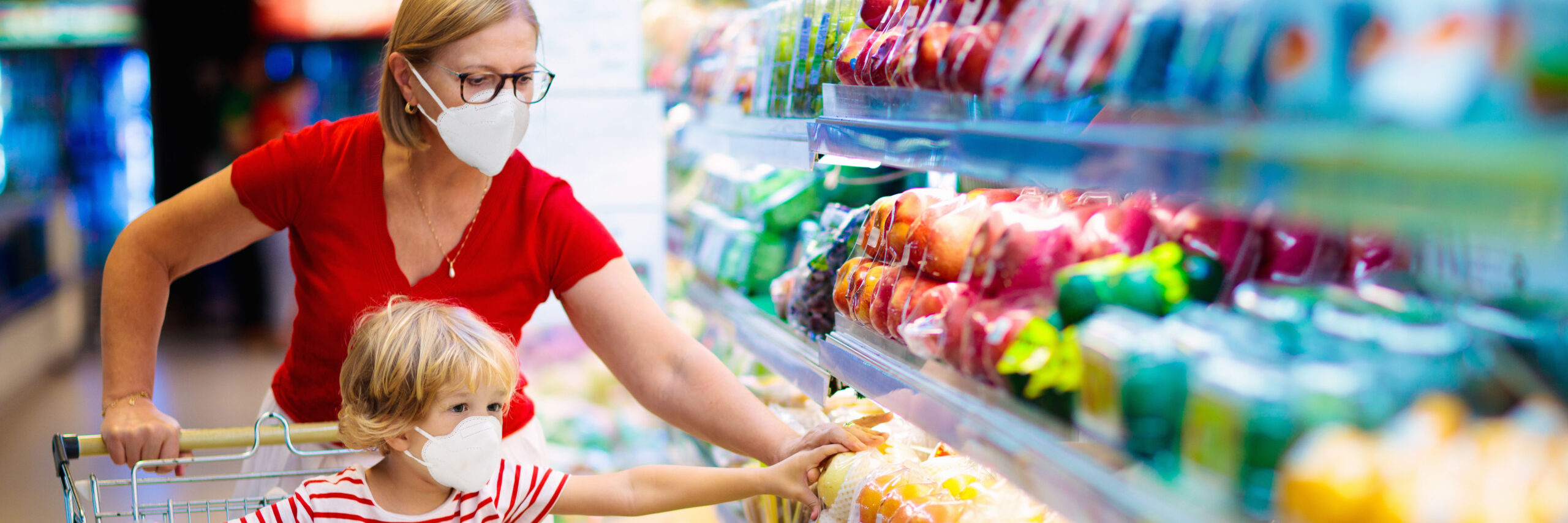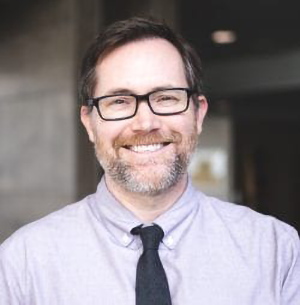La version française suit la version anglaise.
The risks for respiratory illness such as COVID-19, influenza and respiratory syncytial virus (RSV) increase as we move into fall and indoor spaces.
Here is an overview of current public health guidelines and available resources to make this transition safer for the York community.
If you are symptomatic or tested positive for COVID-19:
- Toronto Public Health recommends you stay home if you are sick or have symptoms of illness, even if your symptoms are mild.
- Anyone with new or worsening symptoms or who tests positive for COVID-19 should complete the provincial self-assessment and follow directions for self-isolation or self-monitoring.
- Affected faculty, staff or instructors should inform their manager or associate dean of their absence and follow regular sick leave processes.
Close contact guidelines:
If you were a close contact of somebody with COVID-19, please review Toronto Public Health’s guidance page: COVID-19: What to Do if You Are a Close Contact.
Vaccination:
An updated COVID-19 vaccine has been approved by Health Canada. COVID-19 vaccination reduces the risk of severe illness, death and post-COVID-19 condition (“long COVID”).
Visit the Ontario Health COVID-19 Vaccination Portal to book a vaccination appointment. York will share information about vaccination clinics taking place at York University campuses in the coming weeks.
Health Canada recommends an updated COVID-19 vaccine dose for those who:
- had their last COVID-19 vaccine dose over six months ago; or
- last had COVID-19 six months ago (whichever happened later).
Rapid antigen tests:
York University has a limited supply of free rapid antigen test kits. Visit the community health website for more information.
Masking
York is a mask-friendly environment. You may wish to consider wearing a well-fitted, high-quality mask in crowded indoor public settings. York University has mask vending machines where Level 3 masks and N95 masks may be purchased.
Wearing a mask, keeping your distance where possible, practising hand hygiene, getting vaccinated and other public health measures can reduce the spread of respiratory viruses.
For more resources, visit the Community Health page for staff, faculty and instructors. For questions related to COVID-19 or other respiratory virus, email sfccm@yorku.ca.
Information for students is available on the Student Health page and questions can be emailed to schw@yorku.ca.
COVID-19 et les virus respiratoires : ce qu’il faut savoir
Le risque de maladies respiratoires comme la COVID-19, la grippe et le virus respiratoire syncytial (VRS) est en hausse avec l’arrivée de l’automne et le retour dans les bâtiments.
Voici un aperçu des lignes directrices actuelles en matière de santé publique ainsi que des ressources pour rendre cette transition plus sûre pour la communauté de York.
Si vous présentez des symptômes ou si vous avez obtenu un résultat positif au test de dépistage de la COVID-19 :
- Le Bureau de santé publique de Toronto recommande aux personnes de rester à la maison si elles sont malades ou si elles ont des symptômes, même légers.
- Toute personne présentant des symptômes nouveaux ou s’aggravant, ou dont le test de dépistage de COVID-19 était positif, doit remplir l’auto-évaluation provinciale et suivre les instructions relatives à l’auto-isolement ou à l’autosurveillance.
- Les membres concernés du corps professoral, du personnel ou du corps enseignant doivent informer leur gestionnaire ou doyen(ne) associé(e) de leur absence et suivre les procédures habituelles en matière de congé de maladie.
Directives relatives aux contacts étroits :
Si vous avez été en contact étroit avec une personne ayant la COVID-19, veuillez consulter la page de conseils du Bureau de santé publique de Toronto : COVID-19 : What to Do if You Are a Close Contact.
Vaccination :
Un vaccin actualisé contre la COVID-19 a été approuvé par Santé Canada. La vaccination contre la COVID-19 réduit le risque de maladie grave, de décès et du syndrome post-COVID-19 (« COVID longue »).
Visitez le portail de vaccination contre la COVID-19 de Santé Ontario pour prendre un rendez-vous de vaccination. York communiquera des informations sur les cliniques de vaccination qui se tiendront sur les campus de l’Université York dans les semaines à venir.
Santé Canada recommande une mise à jour de la dose du vaccin contre la COVID-19 dans les cas suivants :
- La dernière dose de vaccin COVID-19 a été administrée il y a plus de six mois; ou
- Vous avez eu la COVID-19 il y a plus de six mois (la date la plus récente étant retenue).
Tests antigéniques rapides :
L’Université York dispose d’un nombre limité de trousses de tests antigéniques rapides gratuites. Visitez le site Web de la santé communautaire pour plus d’informations.
Port du masque
York encourage le port d’un masque. Vous pouvez envisager de porter un masque bien ajusté et de bonne qualité dans les lieux publics intérieurs très fréquentés. L’Université York a des distributeurs automatiques de masques où l’on peut acheter des masques de niveau 3 et des masques N95.
Le port d’un masque, le maintien d’une distance suffisante, l’hygiène des mains, la vaccination et d’autres mesures de santé publique peuvent réduire la propagation des virus respiratoires.
Pour plus de ressources, consultez la page Community Health destinée au personnel et aux corps professoral et enseignant. Pour toute question relative à la COVID-19 ou à d’autres virus respiratoires, envoyez un courriel à sfccm@yorku.ca.
Les informations destinées à la population étudiante se trouvent sur la page Santé étudiante. Les questions peuvent être envoyées par courriel à schw@yorku.ca.









